Gwenyth Lee’s research explores the compounding impacts of multiple early-life exposures on child development in low- and middle-income countries. She arrived at Rutgers Global Health Institute in September.
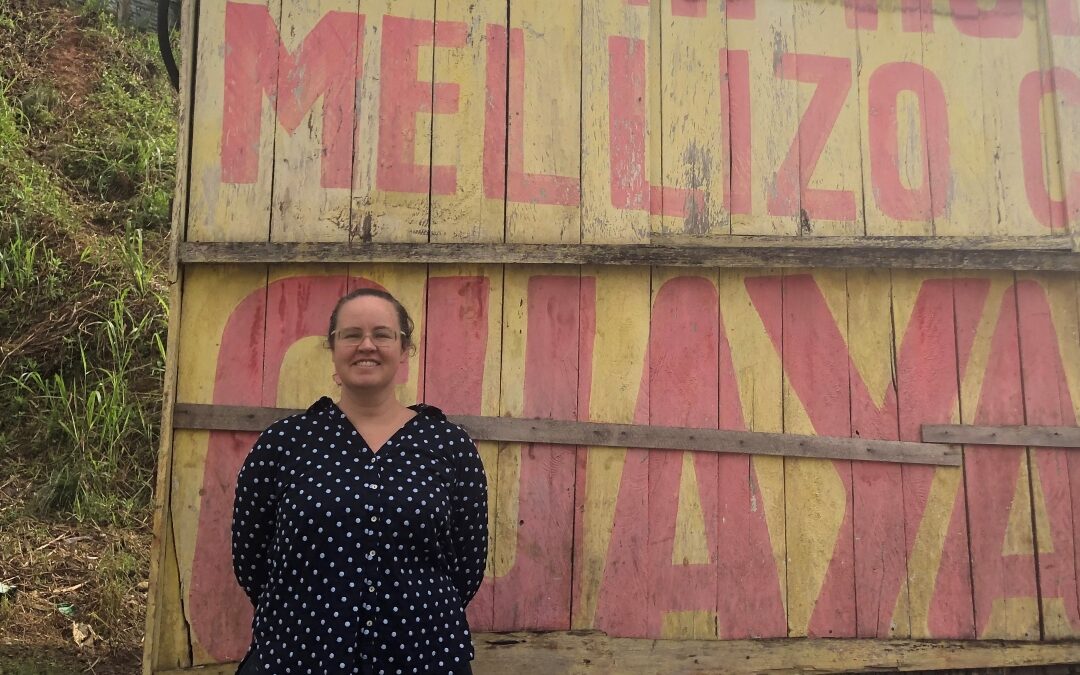

Gwenyth Lee’s research explores the compounding impacts of multiple early-life exposures on child development in low- and middle-income countries. She arrived at Rutgers Global Health Institute in September.

When it comes to global health, there is no off season. This summer, Rutgers faculty, students, and staff have been involved in diverse projects that address health inequities, both in the U.S. and internationally.
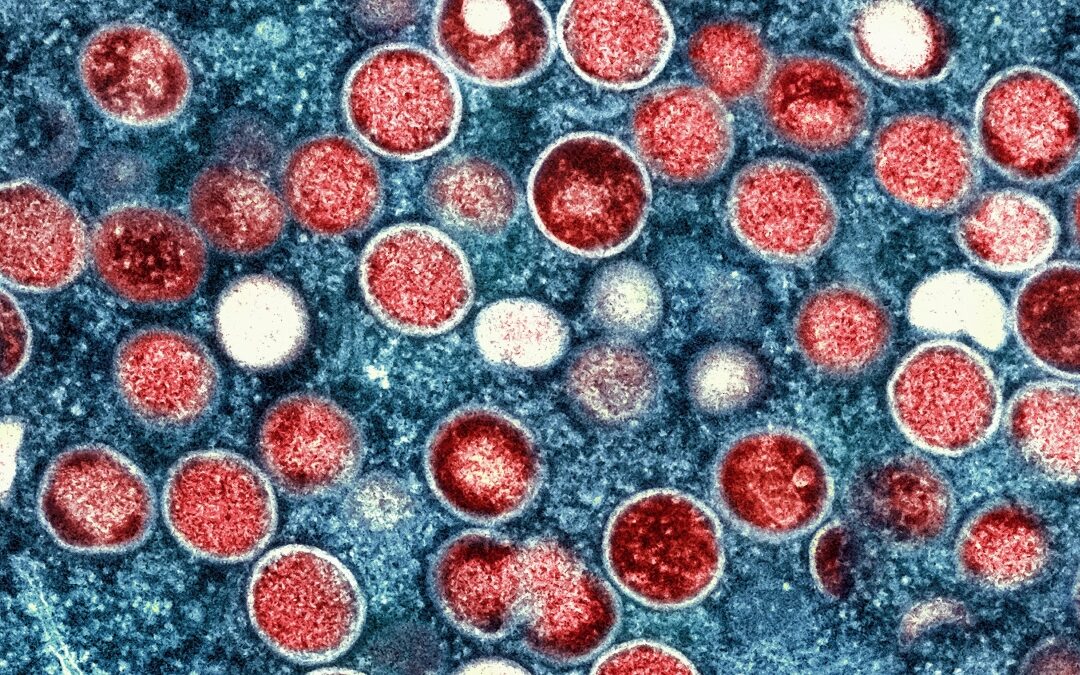
View the seminar recording online to hear from scientists, clinicians, and community leaders about the monkeypox disease outbreak in the United States. They discuss issues of health equity and stigma in addition to disease transmission, prevention, and treatment.
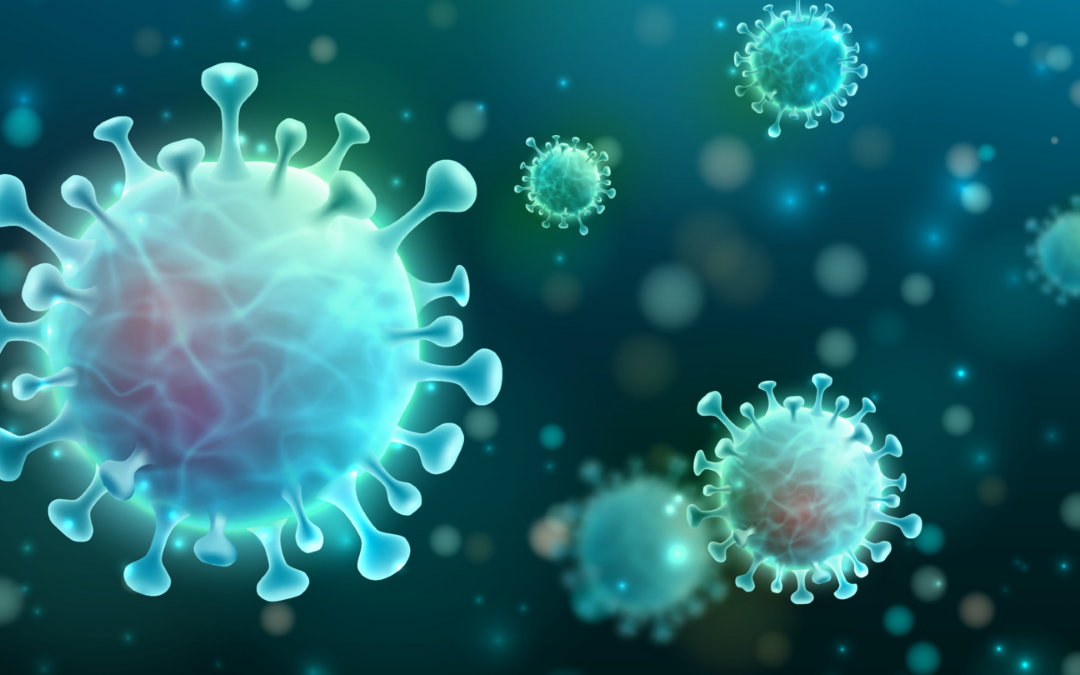
The serological testing will be performed in the laboratory of Maria Laura Gennaro, a professor at New Jersey Medical School’s Public Health Research Institute and a core faculty member of Rutgers Global Health Institute.

Funded by Global Health Seed Grants, five faculty-led efforts will address disparities related to postpartum mental health, diseases of poverty, child feeding in farming communities, racial stigma in hospital care, and intimate partner violence.
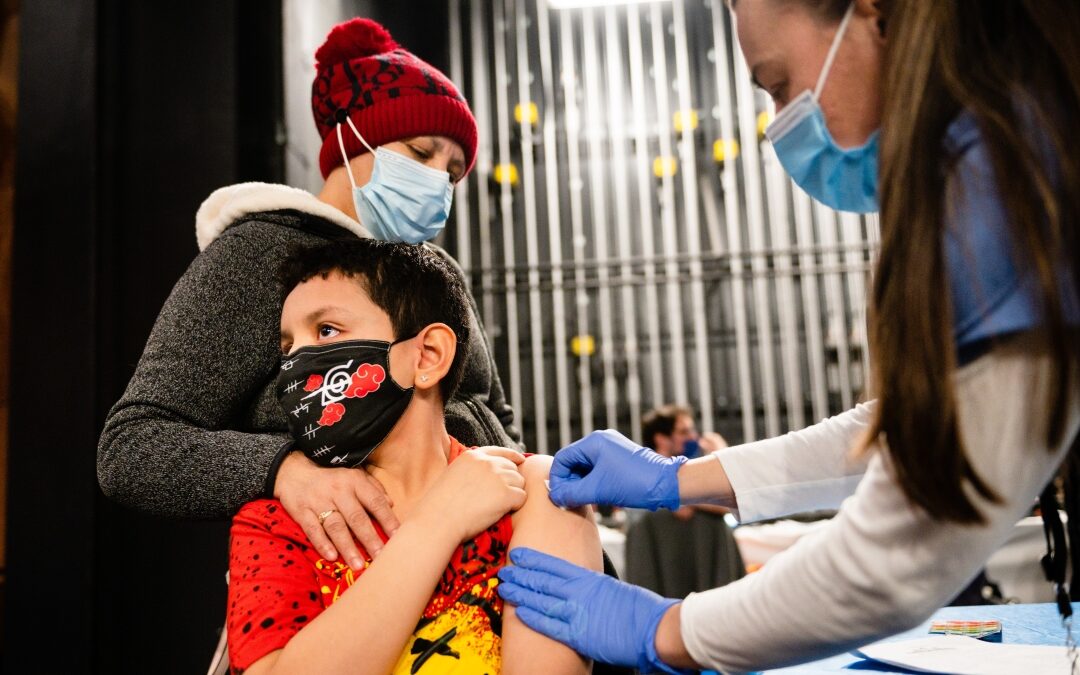
A grant from the New Jersey Department of Health is supporting the expansion of Rutgers Global Health Institute’s Equitable Recovery program. Efforts are underway to help underserved communities in Essex, Mercer, and Middlesex counties offer residents accessible COVID-19 vaccination and testing.
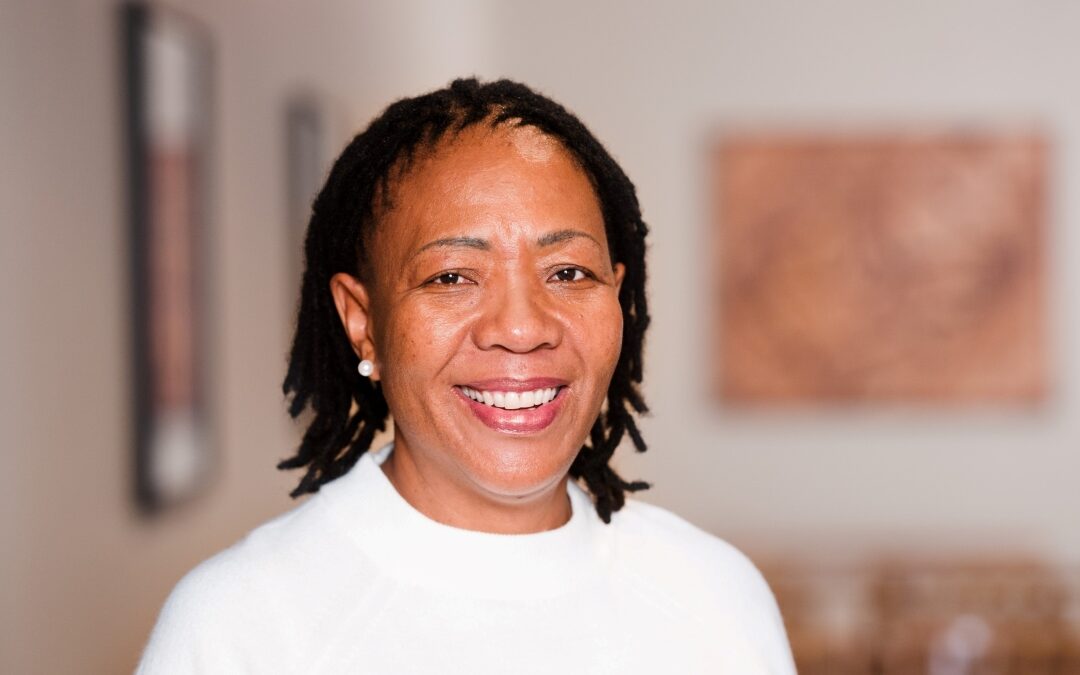
Refeletswe Lebelonyane is a physician, public health professional, and program manager for the Botswana-Rutgers Partnership for Health. In this Q&A, she provides updates on cancer care and prevention efforts in Botswana and reflects on her past experiences confronting HIV/AIDS in the African country.
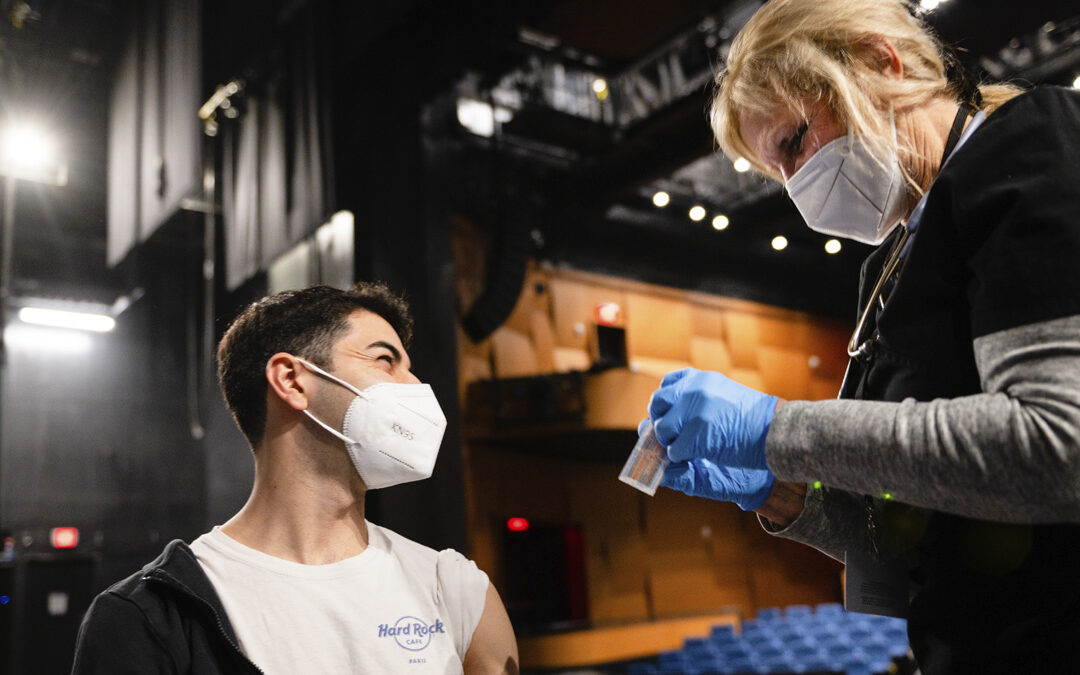
COVID-19 testing and vaccination clinics at the New Brunswick Performing Arts Center, where the ballet is a member company, are part of Rutgers Global Health Institute’s Equitable Recovery program. The clinics, which are open to the public, helped the ballet’s dancers safely return to the studio and stage.
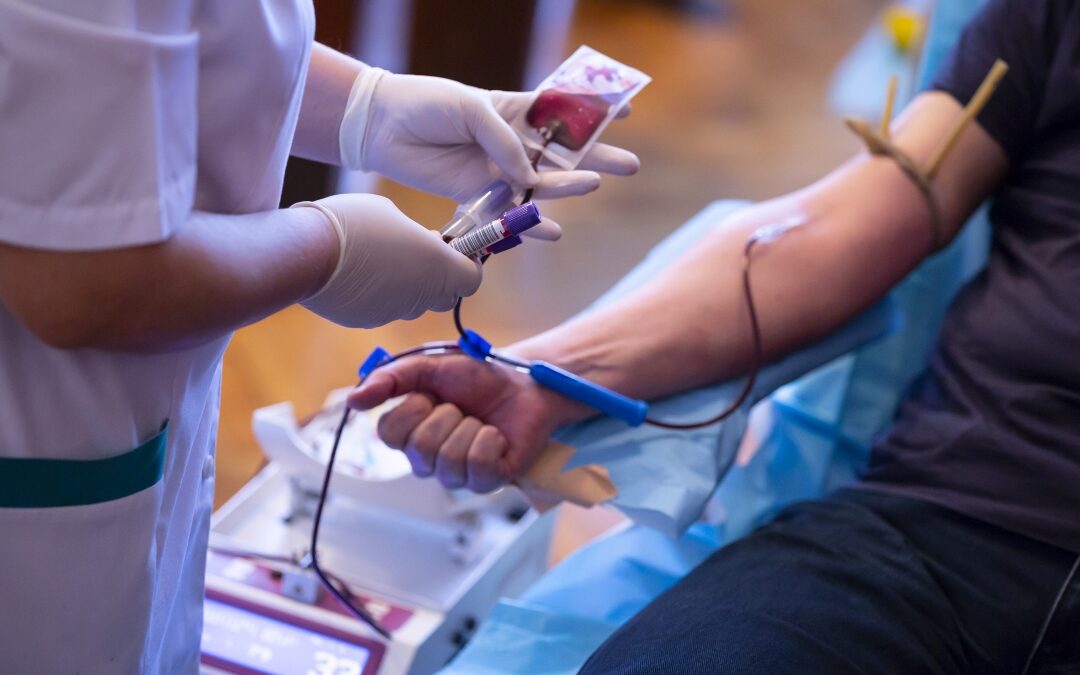
School of Public Health researcher Kristen Krause, an instructor in the Department of Urban-Global Public Health, discusses FDA restrictions on who can and cannot donate blood and the impact for men who have sex with men, a population that is subject to such restrictions.
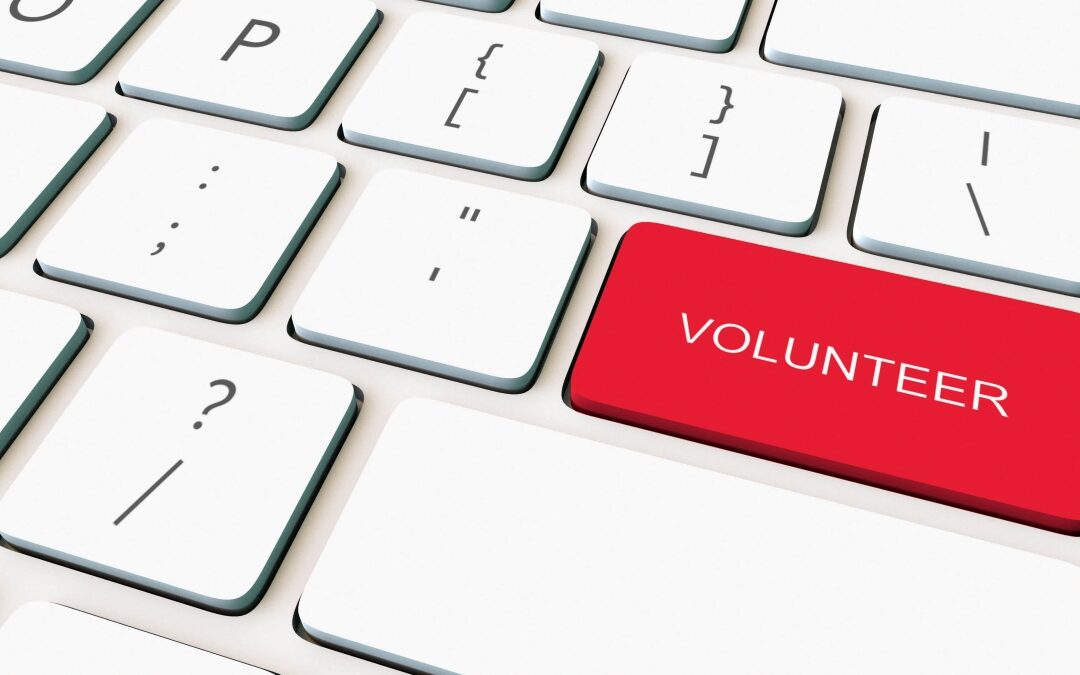
Rutgers students in clinical and non-clinical programs of study can volunteer to help with operations at the university’s on-campus vaccination clinic at the Ernest Mario School of Pharmacy in Piscataway.